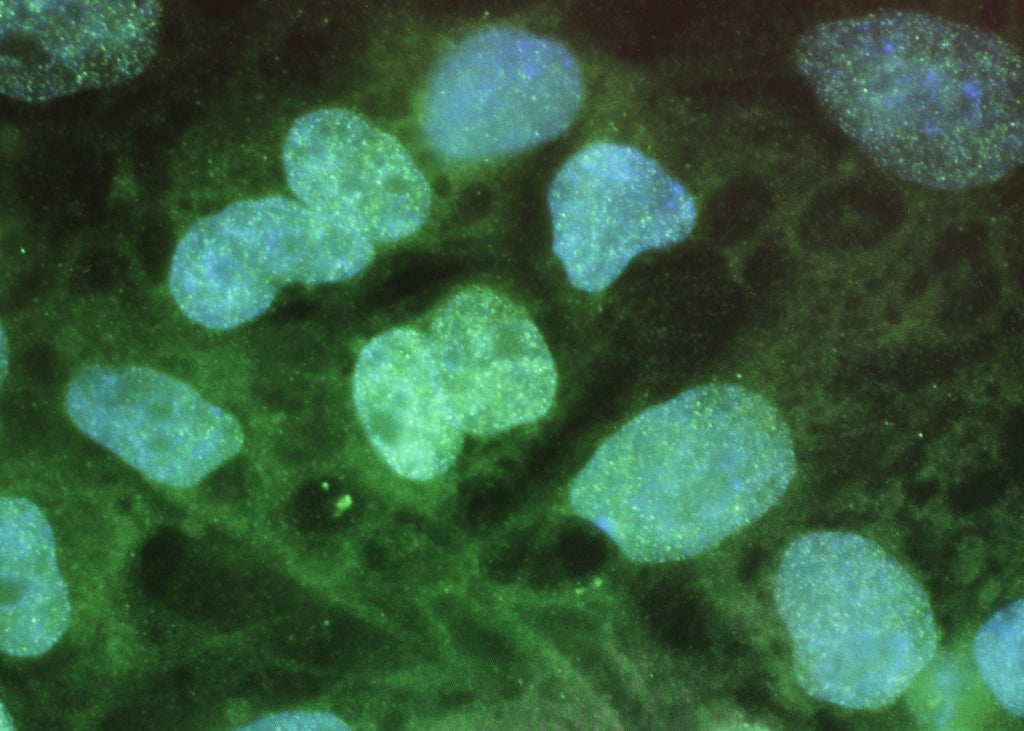
A 10-year-old girl has been given a vein transplant using a blood vessel grown from her own stem cells, the first time such an operation has been undertaken.
Similar techniques may in future offer safer alternative treatments for patients facing risky bypass surgery.
The girl had a blocked hepatic portal vein, which drains blood from the gut and spleen to the liver. Without treatment, the condition can lead to serious complications, and even death.
Traditionally bypass surgery has been used to restore blood flow, using sections of vein taken from other parts of the body. This can cause other problems and is not always successful.
The new technique involved growing a new section of portal vein from the girl's own bone marrow stem cells. First, a 9cm segment of groin vein was taken from a deceased donor and stripped of cellular tissue. The girl's maturing stem cells were then "seeded" into the vein, which two weeks later was implanted into her body.
Normal blood flow was restored, but after a year the graft had to be lengthened with another piece of vein made from stem cells. The girl, who has not been named, has remained well since and even managed to take part in gymnastics, the Swedish team reported in the The Lancet medical journal.
The researchers, led by Professor Suchitra Sumitran-Holdgersson from the University of Gothenburg, wrote: "The new stem cells-derived graft resulted not only in good blood flow rates and normal laboratory test values but also in strikingly improved quality of life for the patient."
Because the graft was built from the girl's own cells, it was accepted by her immune system.
Two British experts said in The Lancet that the technique looked promising but was yet to be properly tested in clinical trials.
Professor Martin Birchall and Professor George Hamilton, from University College London, wrote: "The young girl was spared the trauma of having veins harvested from the deep neck or leg, with the associated risk of lower limb disorders, and avoided the need for a liver or multivisceral transplantation."
Subscribe to Independent Premium to bookmark this article
Want to bookmark your favourite articles and stories to read or reference later? Start your Independent Premium subscription today.

Join our commenting forum
Join thought-provoking conversations, follow other Independent readers and see their replies